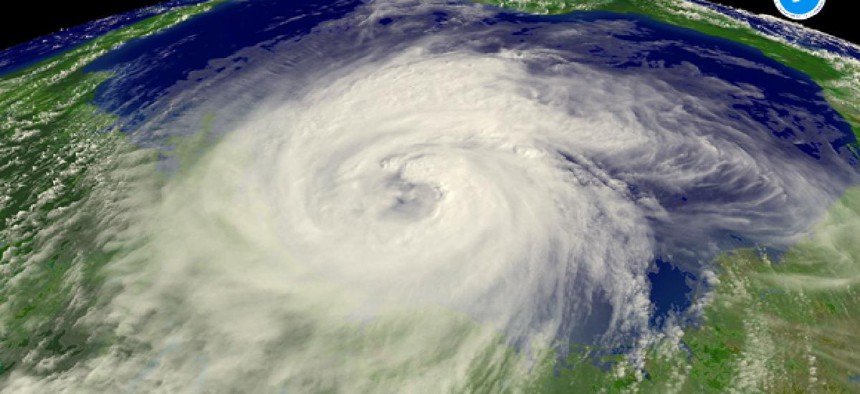
National Weather Service
Panel approves funds to avoid Weather Service furloughs
House subcommittee allows NOAA to reallocate money to cover budget shortfall at NWS.
A House Appropriations subcommittee on Wednesday approved a request from the National Oceanic and Atmospheric Administration to reallocate money within the agency to cover a budget shortfall that could have resulted in furloughs at the National Weather Service.
NOAA asked lawmakers recently to reallocate $36 million to cover the spending gap, which occurred when government employees reprogrammed funds in fiscal 2010 and fiscal 2011 without congressional notification. The reallocation approved by the Commerce-Justice-Science subcommittee will avoid furloughs at the National Weather Service, maintain ongoing operations for dissemination of data essential to warnings and forecasts, and complete technology upgrades to NWS Next Generation Weather Radars.
A Senate Appropriations subcommittee last week also approved NOAA’s request to reallocate the money.
NOAA said it might have to furlough as many as 5,000 employees in July if the agency and Congress couldn’t agree on a plan soon to correct the budget shortfall stemming from the misallocation of funds. After a House subcommittee hearing last week on the matter, NOAA Administrator Janet Lubchenco told reporters the agency was doing everything possible to avoid furloughs.
National Weather Service chief Jack Hayes abruptly resigned after an investigation into the mismanagement of funds was made public in May. Specifically, government workers transferred accounting codes of previous expenses from the agency’s budget for local warnings and forecasts to other programs to free up money to cover spending gaps in the LWF pool, which includes labor costs. As a result, money appropriated for programs such as the Advanced Weather Interactive Processing System and the Weather Radio Improvement Project was used to pay for expenses within LWF. The inspector general’s investigation did not find any evidence that the NWS employees involved committed fraud or profited personally from the action.
Lubchenco told lawmakers at last week’s hearing that there was no reason to believe public safety was comprised by the accounting impropriety. “Nevertheless, this was very wrong,” she added. She also told the panel that the agency will hire an outside firm to conduct a full-scale audit to see how far back misconduct goes, provide training on appropriations law to employees and ensure managers properly follow up on any complaints of wrongdoing.







